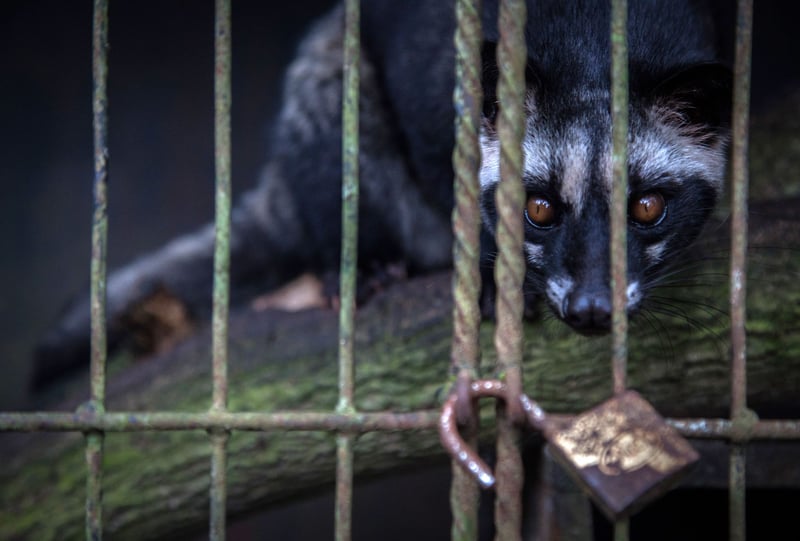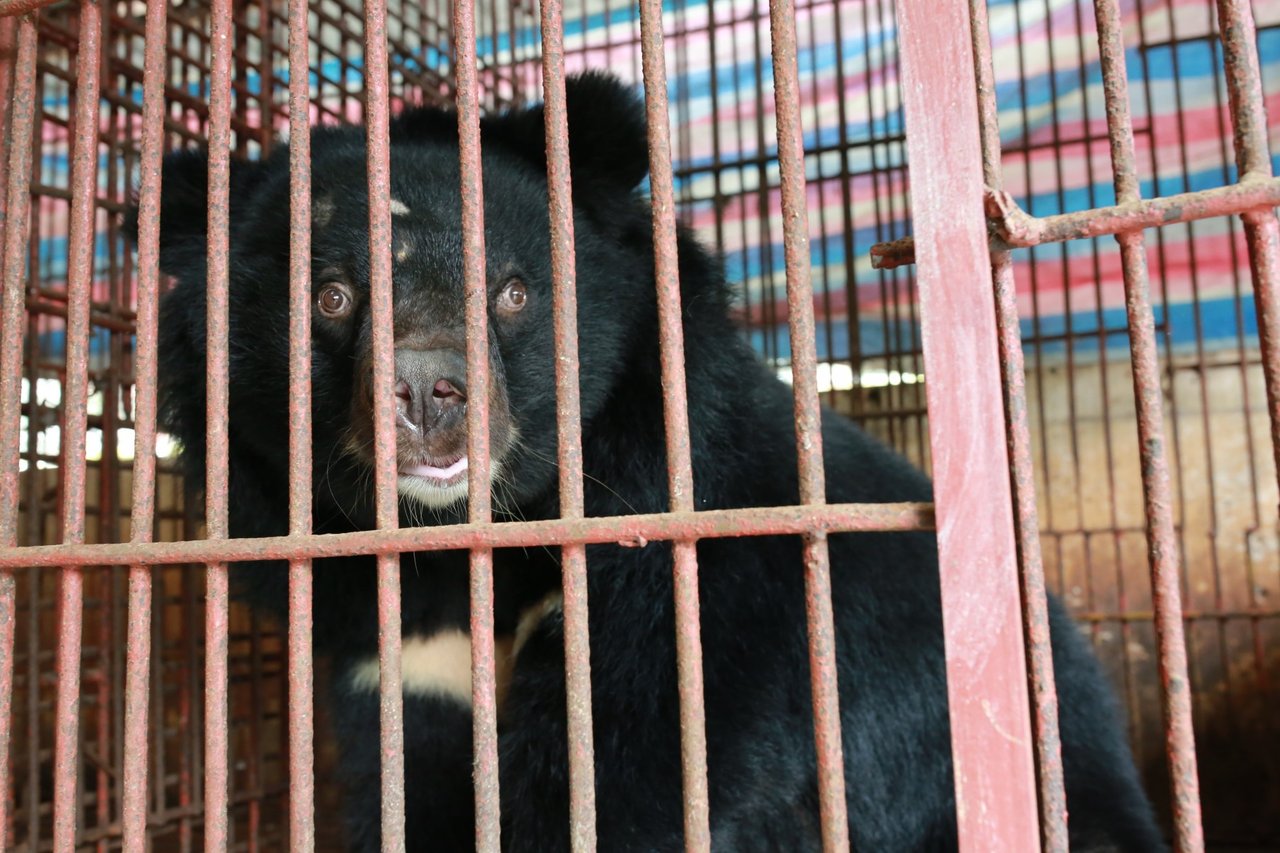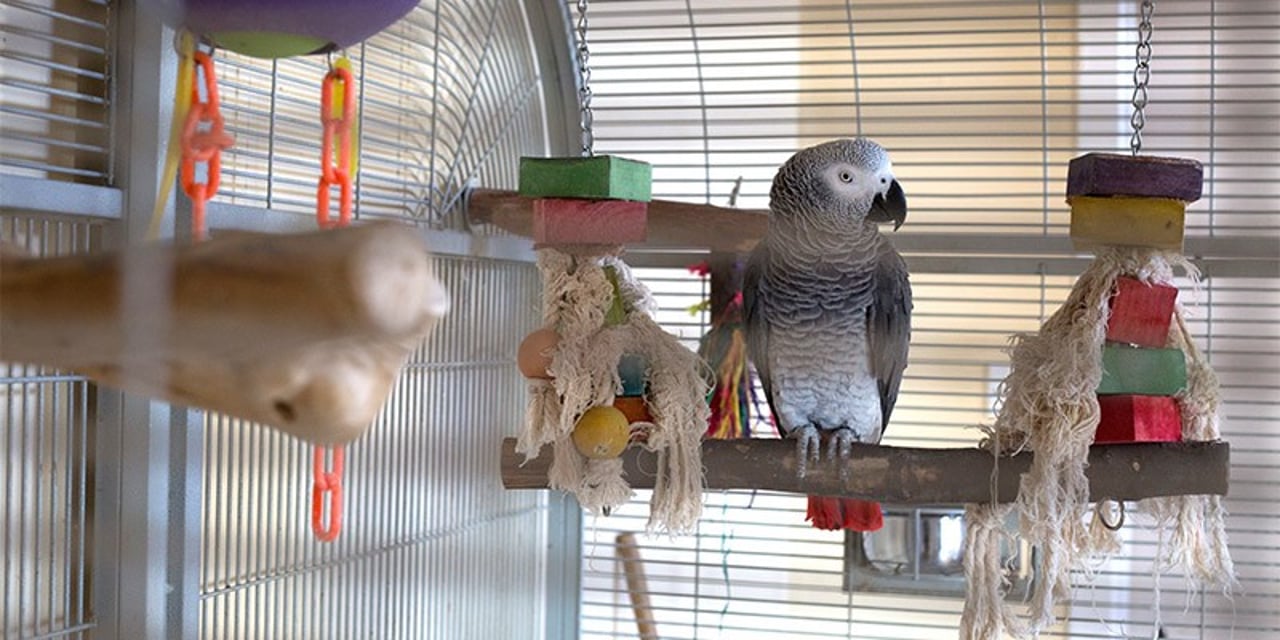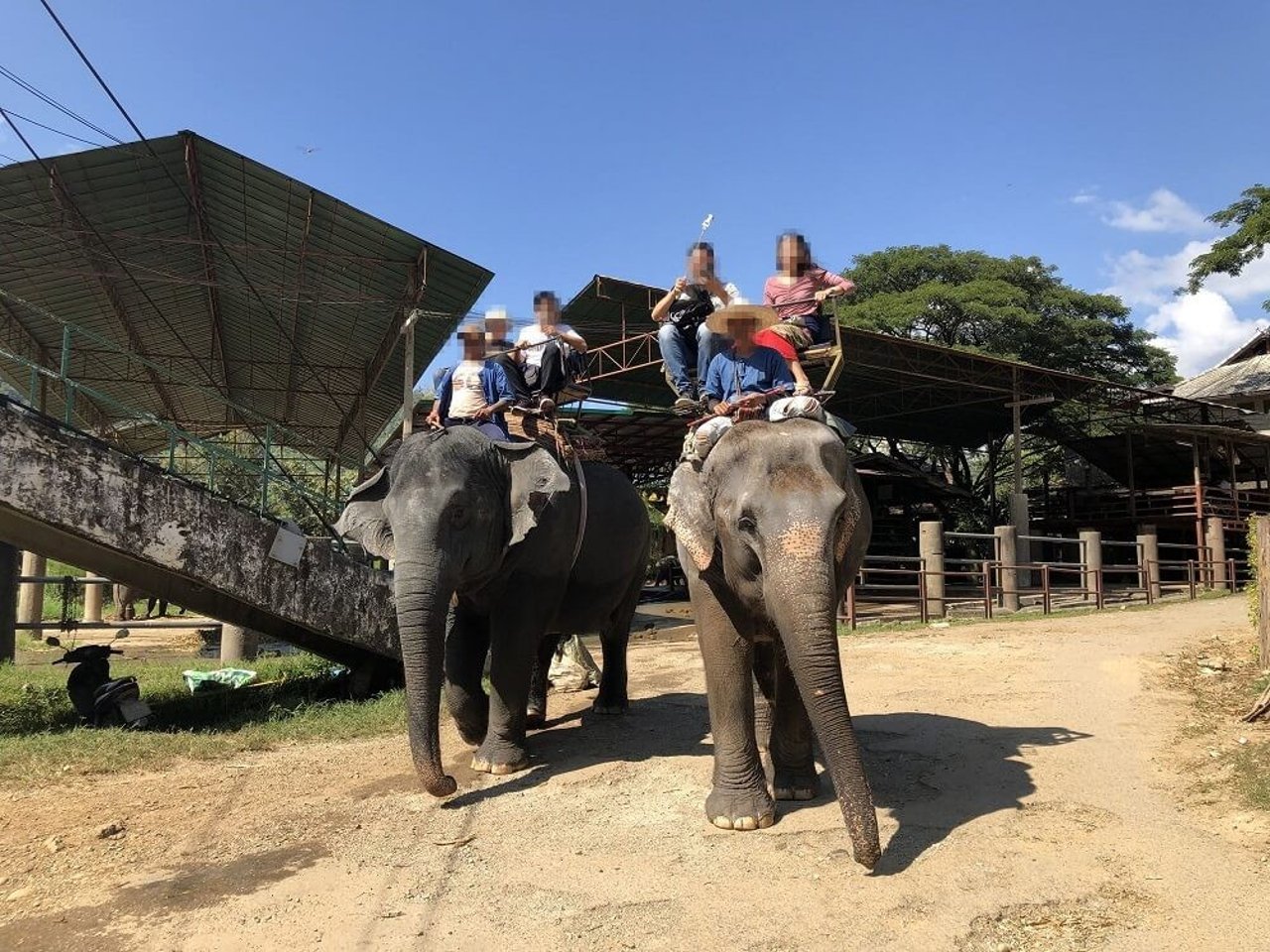
Global wildlife trade ban essential to protect biodiversity
News
Wildlife trade has become big business and the subsequent exploitation of wild animals puts our health, economies and biodiversity at risk.
Top image: Nicky Loh/Getty Images
In an open letter to the UN Biodiversity Summit, World Animal Protection and Humane Society International together with 120 other organisations are calling for a global ban on commercial cross-border wildlife trade, which would be a significant step towards achieving the UN’s goals on biodiversity.
The organisations are calling on UN Member States to champion and action the protection of wild animals. By ending cross-border commercial trade of wildlife with a focus on the trade and sale of live wild animals and their body parts that are reared or kept in close confinement or multi-species close contact environments such as wildlife markets, farms or ranches.
Protecting wild animals and their welfare is crucial to stopping biodiversity loss, and to create a healthy planet for healthy people. The widescale trade of wildlife has led to biodiversity loss and extinctions.
We are now at a turning point; humans have exploited wildlife in their millions over the past 50 years, to the extent that the rate of biodiversity loss has accelerated sharply, on an industrial scale that is no longer sustainable for wildlife and our planet.
The consumer demand for wild animals as luxury food, traditional medicine, exotic pets, entertainment, and fashion accessories are fuelling the growth of the legal and illegal trade of wildlife.
Traditional Medicine
The demand for traditional medicine has devastating consequences for many species of wildlife traded globally, including bears who are poached and farmed for their bile, which we investigated in our recent report. It has an estimated value of $60 billion a year and thought to account for nearly 30 percent of China’s pharmaceutical revenue.
(Credit: Tony Tran)
Exotic pets
Each year, millions of wild animals are captured from their natural habitats or bred in cruel captive conditions to be traded around the world as exotic pets. Snakes, parrots, lizards, tortoises, and even otters – these are just some of the wildlife species suffering as exotic pets around the world. There are currently estimated to be 17.6 million exotic pets across the United States alone.
Many wild animals destined for the exotic pet trade will die before they reach markets or pet stores. Our report exposed the suffering involved with the poaching of African grey parrots - some estimates report that 66% of African grey parrots die before they even reach international transit.
Wild Animals in the tourist industry
The growth of global tourism has driven the trade of tens of thousands of wild animals to be used for entertainment where they are being beaten, chained and abused. In Thailand, approximately 11 million people each year pay to watch elephants perform tricks and 46 million people have paid to see dolphins at a venue at least once in the last 4 years.
The animals caught up in this cruel industry have often been legally traded or captive bred and spend many hours a day near humans, increasing the potential spread of zoonoses.
The animals caught up in this cruel industry have often been legally traded or captive bred and spend many hours a day near humans, increasing the potential spread of zoonoses.


